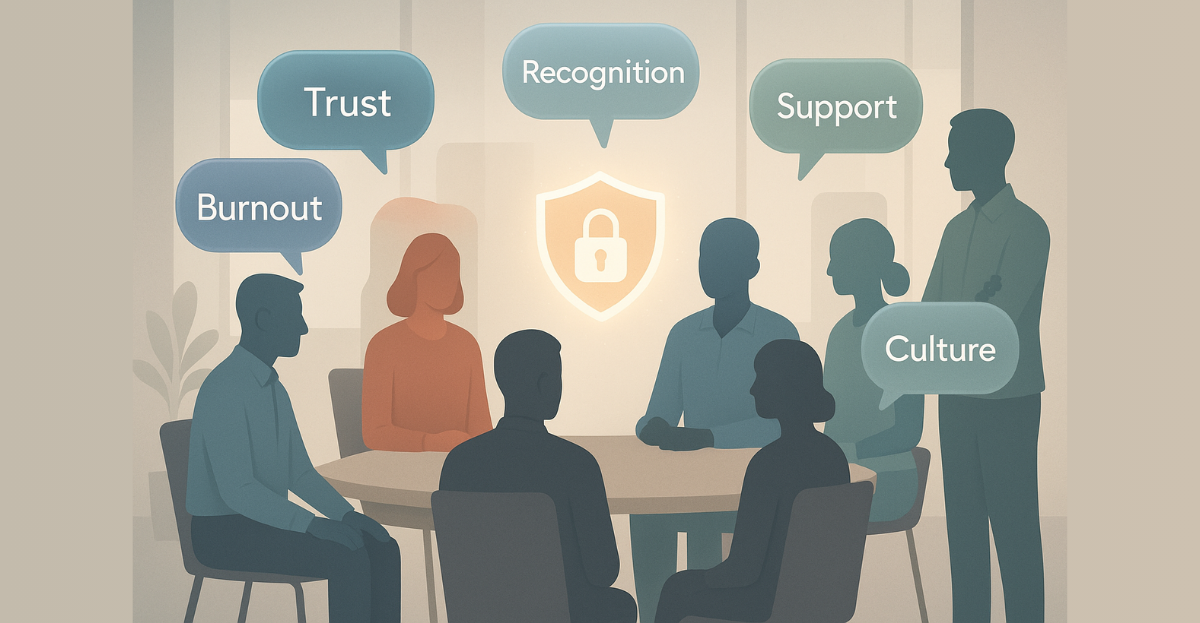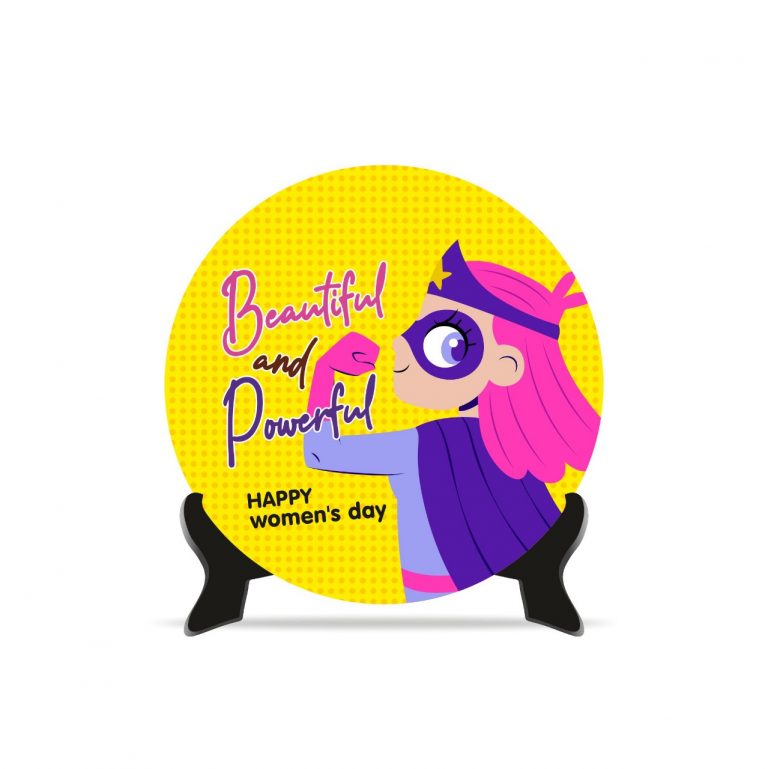Listening Beyond the Noise
In today’s fast-moving, hyper-connected workplaces, it’s easy for employees to feel unheard. Amid team meetings, one-on-ones, and digital suggestion boxes, leaders often believe they’re collecting enough feedback. But are they hearing the truth?
That’s where the confidential employee survey comes in.
A confidential employee survey is more than just a questionnaire. It’s a powerful tool that creates a safe space for employees to share their honest feedback-without fear, judgment, or backlash. When done right, it uncovers hidden issues, measures workplace culture, and drives meaningful improvements.
In this article, we’ll explore what confidential employee surveys are, how they work, and why they’re essential for building trust and improving retention in modern organizations.
What is a Confidential Employee Survey?
A confidential employee survey is a structured feedback method that allows employees to respond to workplace-related questions anonymously. Unlike traditional feedback forms or exit interviews, these surveys protect the identity of participants, encouraging them to share genuine opinions about their experience, leadership, culture, policies, and more.ous
The goal is simple: get honest, uninfluenced responses that can help employers understand what’s really going on behind the scenes. Employees who might otherwise stay silent about problems-such as poor management, burnout, or bias-are more likely to speak up when they know their identity will remain hidden.
Why Confidentiality Makes All the Difference
Employees often hesitate to give critical or negative feedback out of fear of consequences. Will their manager find out? Will it affect their next review? Could it hurt their chances of promotion?
This fear leads to sugar-coated feedback-or complete silence. That’s where confidentiality changes the game.
With a confidential employee survey, you eliminate this fear. Employees feel psychologically safe. As a result, the data you collect is more accurate, meaningful, and actionable.
Companies that use these surveys often uncover:
- Hidden morale issues
- Departmental communication gaps
- Trust problems with leadership
- Inequities in workload or recognition
This deeper insight allows leaders to solve problems before they escalate into turnover, disengagement, or reputational risk.
How to Structure a Confidential Employee Survey
Creating an effective confidential employee survey takes more than adding a few anonymous questions to a Google Form. It requires planning, clarity, and the right technology.
Here are key components:
1. Clear Purpose
Before launching the survey, define its objective. Are you measuring engagement? Inclusion? Manager effectiveness? Make sure your team understands the purpose.
2. Trusted Platform
Use a secure third-party tool or HR platform like Amazing Workplaces® Survey and Certification that ensures anonymity. Avoid systems that can track email addresses, IP addresses, or login information.
3. Smart Questions
Ask a mix of multiple-choice, rating scale, and open-ended questions. Avoid leading or biased phrasing. Focus on:
- Work-life balance
- Team communication
- Manager support
- Growth opportunities
- Psychological safety
4. Honest Communication
Tell employees exactly how their data will be used-and how it won’t. Reinforce that no one will be identified individually.
5. Action Plan
The most important part: act on the results. Share a summary of findings with your team and outline the steps you’ll take in response.
Benefits of Confidential Employee Surveys
When implemented consistently, confidential employee surveys deliver tremendous value for organizations of all sizes.
Related Posts
1. Better Employee Engagement
People who feel heard are more likely to be engaged. When employees see their feedback being acknowledged and acted upon, they become more invested in the organization.
2. Early Detection of Problems
From toxic leadership to unclear processes, many workplace problems simmer quietly before exploding. Surveys allow you to catch them early.
3. Improved Trust and Culture
Confidential surveys signal that leadership cares about employees’ real opinions. This builds psychological safety and strengthens workplace culture.
4. Retention and Performance
Happy, engaged employees stay longer and perform better. Regular feedback loops help reduce turnover and increase productivity over time.
5. Data-Driven HR Strategy
Rather than relying on assumptions or informal chatter, HR teams get real, structured data to guide decisions around hiring, engagement, and development.
Real-World Example: Turning Feedback into Action
Let’s say a company launches a confidential employee survey focused on team communication. The results show that employees feel out of the loop on decisions affecting their work. Instead of brushing this aside, leadership responds with weekly updates, more transparent project briefings, and manager training.
Three months later, follow-up surveys show improved satisfaction and clarity. One simple change-driven by anonymous feedback-leads to stronger alignment and reduced friction.
This is the power of listening well.
Common Mistakes to Avoid
Even the best-intentioned surveys can fail if not handled correctly. Here’s what to avoid:
- Not following up: Collecting feedback without acting on it makes things worse. Employees feel ignored.
- Poor confidentiality practices: Even a small data breach can destroy trust in the process.
- Over-surveying: Too many surveys with no visible outcomes lead to “survey fatigue.”
- Leading questions: Avoid questions that push employees toward specific answers. Keep them neutral and open.
How Often Should You Run Confidential Employee Surveys?
While annual engagement surveys are common, many organizations are now opting for quarterly or pulse surveys. The best cadence depends on your company’s size, culture, and goals.
If you’re introducing your first confidential employee survey, start small-perhaps once or twice a year-then increase frequency as employees become comfortable with the process. Make sure each cycle includes a feedback-response-action loop.
A Culture of Listening Starts Here
A confidential employee survey isn’t just an HR tool-it’s a culture-building strategy. It tells your people: “We’re listening. We care. And we’re willing to change.”
By creating safe, anonymous channels for honest feedback, organizations gain access to real employee sentiment-the kind that drives smarter decisions, stronger culture, and better business outcomes.
At Amazing Workplaces®, we help organizations design, implement, and analyze employee surveys that lead to real change. Because listening is not a task-it’s a leadership mindset.
Disclaimer: The views, data and case studies we publish on our website are purely based on publicly accessible information and organizational disclosures. Amazing Workplaces® does not take a position on any legal or regulatory matters concerning any information available on our website.











